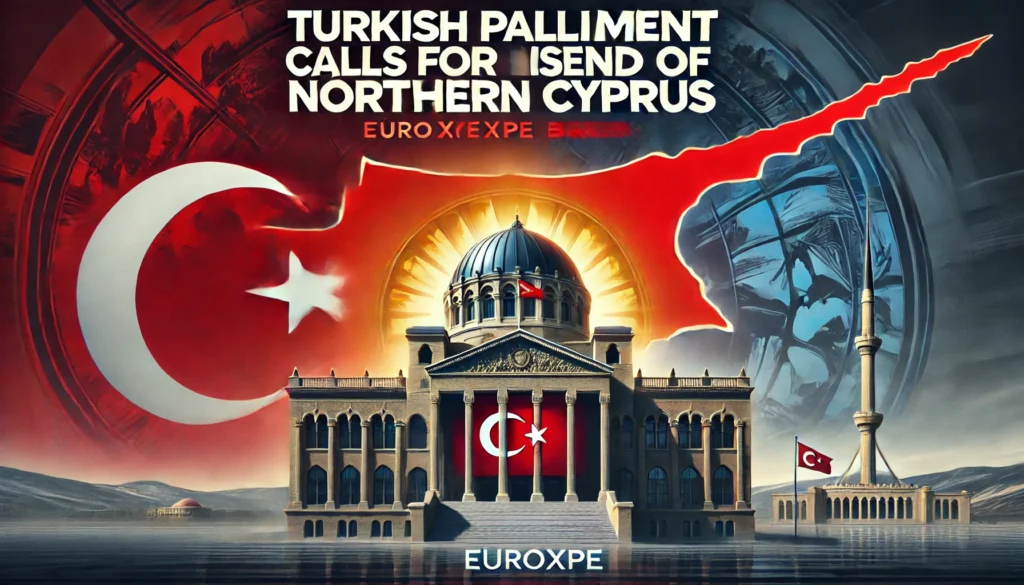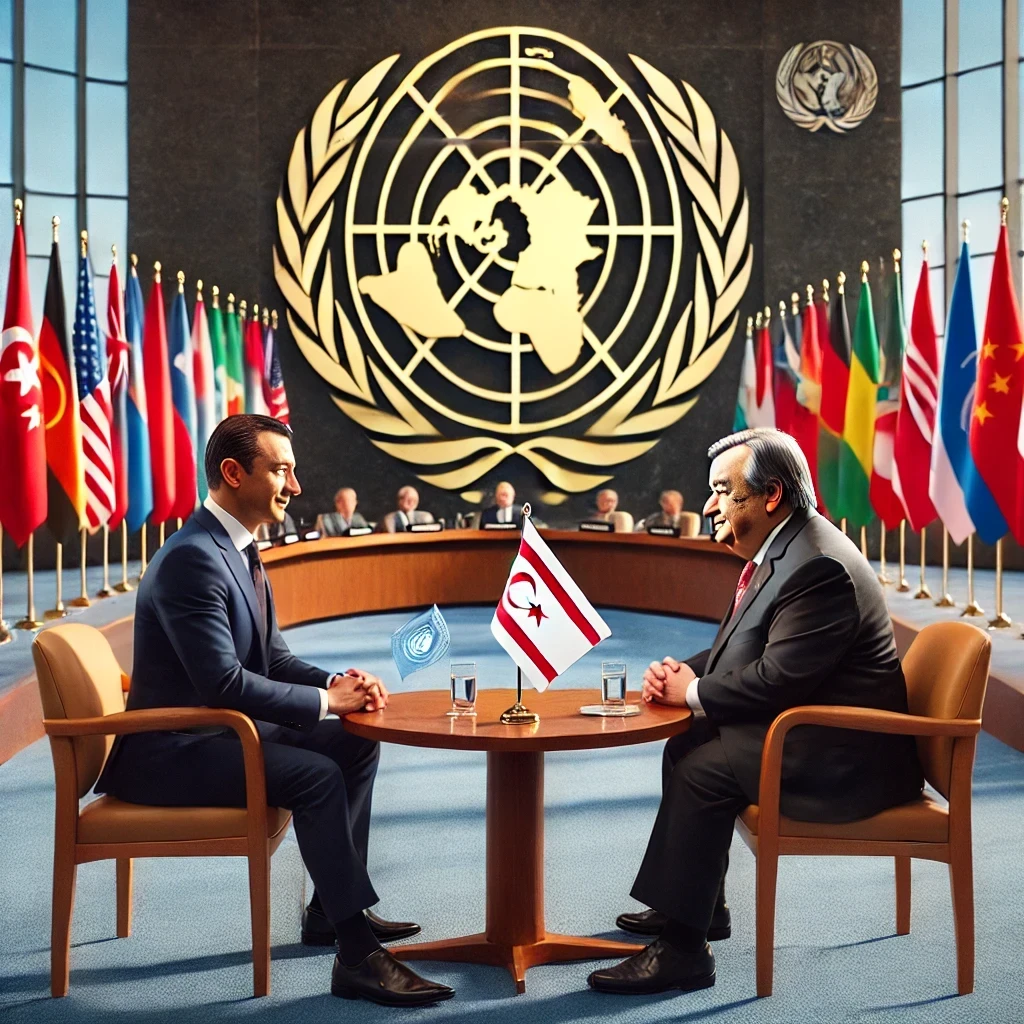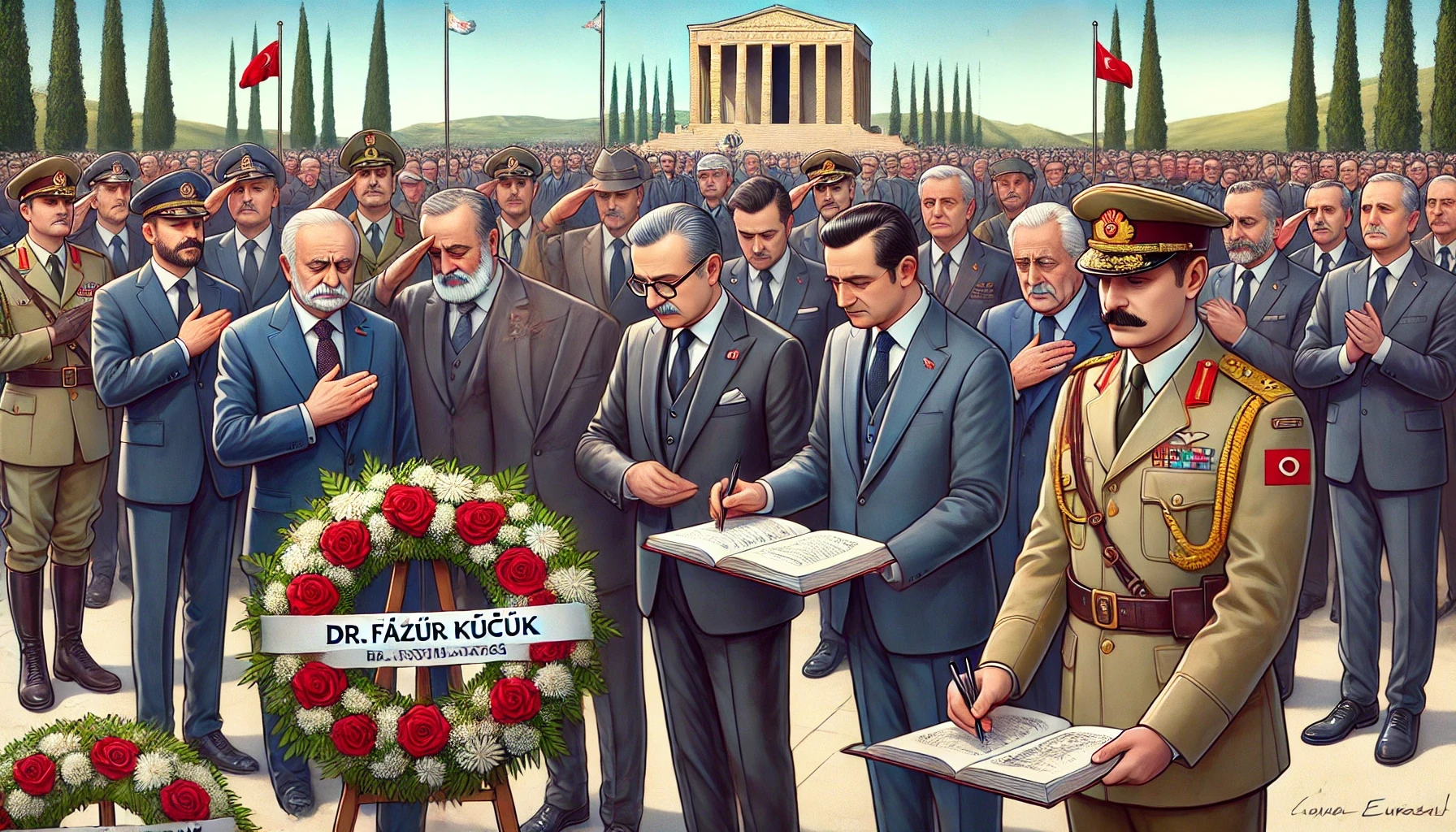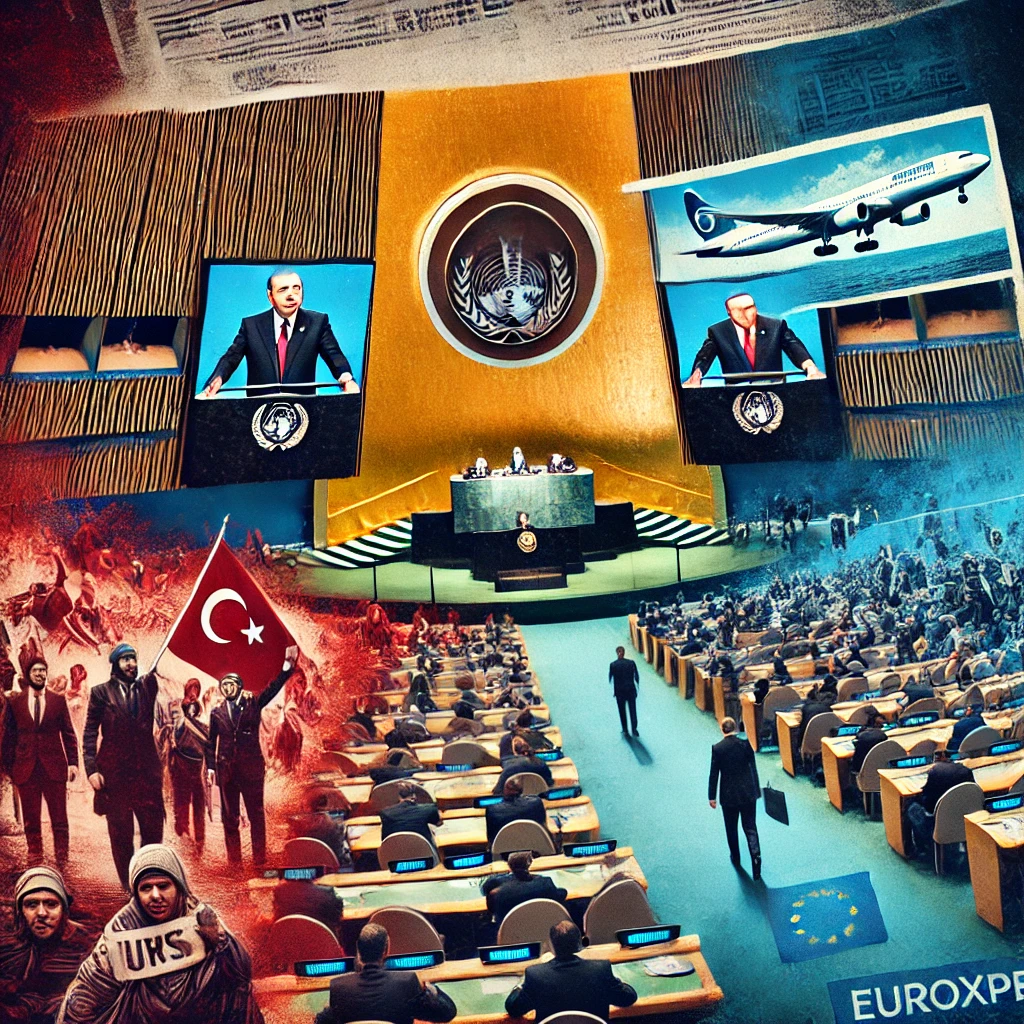In a significant move ahead of the 50th anniversary of the military intervention that divided Cyprus, the Turkish parliament has called for an end to the inhumane isolation of the Turkish Republic of Northern Cyprus (KKTC). This appeal, reported by Agence France-Presse, reflects the ongoing tension and unresolved issues stemming from the division of the island in 1974.
On July 20, 1974, Turkish troops conducted a military operation that resulted in the island being split along ethnic lines. The northern third became predominantly Turkish Cypriot, while the southern two-thirds remained mostly Greek Cypriot. The Republic of Cyprus, located in the south, is a member of the European Union and enjoys widespread international recognition. In contrast, only Turkey recognises the KKTC, which declared its independence in 1983.
In a resolution passed on Thursday evening, Turkish MPs urged the international community to end the isolation imposed on Turkish Cypriots. They emphasised the need for the deserved recognition of Northern Cyprus. The resolution highlighted the Turkish side’s constructive role in negotiations that have spanned over 50 years, lamenting the lack of progress due to what they describe as the intransigence of the Greek side.
The MPs’ resolution pointed out the disparity in how the two communities have been treated internationally. While Greek Cypriots have been rewarded with EU membership, Turkish Cypriots have faced isolation, restrictions, and inhumane embargoes. The resolution stressed that recognising the equal sovereignty and international status of Northern Cyprus is crucial for a lasting solution on the island.
The call for a two-state solution is presented as the only viable option to ensure stability and lasting peace in the region. This stance is a clear indication of the Turkish government’s firm position on the matter, seeking a formal recognition of the KKTC’s sovereignty and international status.
Adding weight to this call, Turkish President Recep Tayyip Erdoğan is scheduled to visit Northern Cyprus on Saturday. This visit marks the 50th anniversary of the Turkish military landing on the northern coast of Cyprus. The 1974 operation was initiated just five days after a coup in Cyprus, engineered by the military junta in Athens, which aimed to end the island’s independence and unite it with Greece.
The historical context of the intervention is crucial. The coup by the Greek junta was a significant threat to the independence of Cyprus and prompted Turkey’s military response. The subsequent division of the island has left a legacy of unresolved conflict and diplomatic tension, underscored by the lack of international recognition for Northern Cyprus.
The Turkish parliament’s resolution and Erdoğan’s visit highlight the ongoing significance of the Cyprus issue in Turkish foreign policy. The push for an end to the isolation of Northern Cyprus and the call for international recognition are seen as essential steps towards achieving lasting peace and stability on the island.
As the 50th anniversary of the division of Cyprus approaches, the calls for change from the Turkish parliament and the expected diplomatic activities underline the need for renewed international attention to this long-standing conflict. The resolution reflects a persistent demand for justice and equality for Turkish Cypriots, a theme that continues to resonate strongly in Turkish political discourse.






